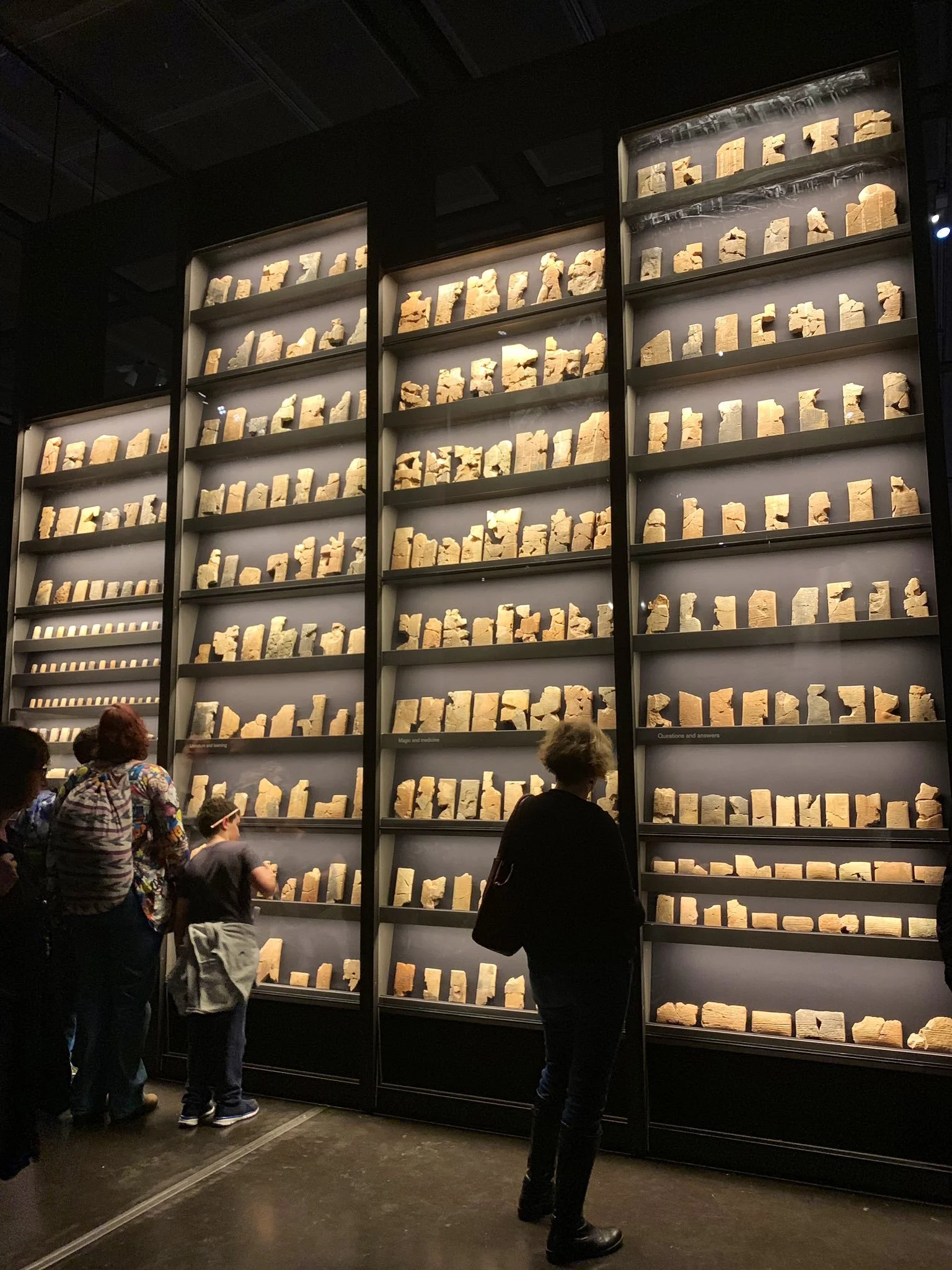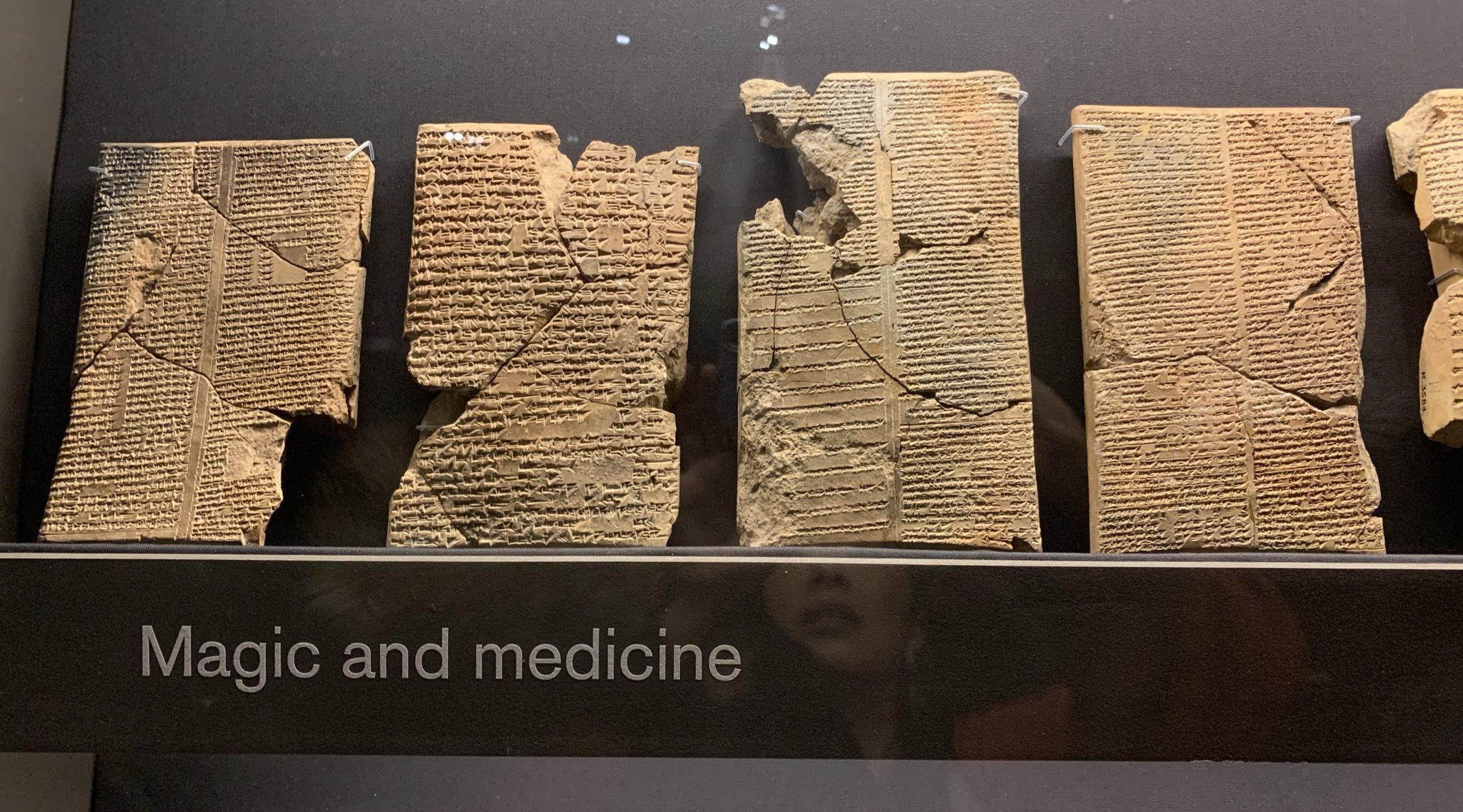The Legacy of Ashurbanipal's Great Library: Earliest Systematically Collected Library
Ashurbanipal’s empire often takes a back seat to the more famous empires of Egypt, Greece, and Rome. Yet, hidden beneath the sands of time lies a remarkable chapter in the story of human knowledge and power—the legacy of Ashurbanipal's Great Library. This article explores the fascinating world of the Assyrian king, his insatiable thirst for knowledge, and the enduring legacy of the world's earliest systematically collected library.
ASHURBANIPAL: THE SCHOLAR-KING
Ashurbanipal, who reigned from 669 BC to 631 BC, was a complex figure in history. While many labeled him a "sociopathic bookworm," his reign marked an era of tremendous expansion for the Assyrian Empire. From the capital city of Nineveh, he wielded power with an iron fist without personally engaging in battles. His preference was to be an opulent leader, showcasing his strength through the hunting of lions and symbolizing his indomitable spirit.
ASHURBANIPAL'S GREAT LIBRARY IS THE OLDEST SURVIVING ROYAL LIBRARY IN THE WORLD.
The library consisted of a collection of tablets made of clay, covered in fine writing and pressed together on both sides. Up to 22,000 tablets were collected, found under the rubble of the royal palace at Nineveh.
THE LIBRARY OF UNRIVALED KNOWLEDGE
Amidst his rule, Ashurbanipal embarked on a mission to collect and preserve knowledge. At Nineveh, he amassed a remarkable collection of clay tablets, comprising up to 30,000 tablets and fragments containing texts from the 7th century BC. These tablets, covered in fine cuneiform writing, were a testament to the value of education and the intellectual capital of the Assyrian Empire. Ashurbanipal's library was a treasure trove of diverse subjects, including history, law, science, magic, and legends.
THE EPIC OF GILGAMESH: A LITERARY GEM
One of the crown jewels of Ashurbanipal's collection was the Epic of Gilgamesh, considered the oldest narrative work in human history. This ancient poem, engraved on clay tablets, continues to captivate scholars and enthusiasts alike with its timeless tales of heroism and existential quests.

One of the most famous works in the library is the Gilgamesh Poem, considered to be the oldest narrative work of mankind.
The Epic of Gilgamesh is believed to have been written in ancient Mesopotamia, in what is now modern-day Iraq, around 2100–1200 BCE. It predates other well-known ancient epics, like the Homeric poems of Greece. The authorship of the epic is anonymous, and it was originally composed in the Akkadian language, using cuneiform script on clay tablets. The epic centers around its protagonist, Gilgamesh, who is a historical figure believed to have been the fifth king of the Sumerian city of Uruk. He is described as two-thirds divine and one-third human, possessing great physical strength and unmatched beauty.
The Epic of Gilgamesh is not only an ancient literary treasure but also a window into the rich cultural and philosophical heritage of Mesopotamia. Its exploration of themes such as friendship, mortality, and the human quest for meaning continues to resonate with readers and scholars to this day.
THE SCHOLARLY KING
What sets Ashurbanipal apart from his contemporaries is his personal involvement in the scribal arts. A senior royal scholar named Balasî trained him, demonstrating the king's commitment to education and scholarship. Ashurbanipal's passion for Babylonian books, which constitute about 13% of his library, underscored his commitment to preserving the intellectual heritage of the region.
DISCOVERY AND LEGACY
The library's discovery, credited to Austen Henry Layard in 1849, marked a turning point in understanding the ancient world's intellectual pursuits. Ashurbanipal's library, distinct from a mere government archive, was meticulously organized, reflecting the king's commitment to knowledge preservation. An intriguing aspect of these tablets was the presence of a book curse—an early form of property protection that warns of dire consequences for would-be thieves.
Ashurbanipal's Great Library stands as a testament to the enduring power of knowledge. The legacy of this scholarly king and his insatiable hunger for learning continue to inspire archaeologists, historians, and enthusiasts worldwide. As we delve into the ancient clay tablets, we uncover not only the history of a once-mighty empire but also the unquenchable thirst for knowledge that transcends time and place.



